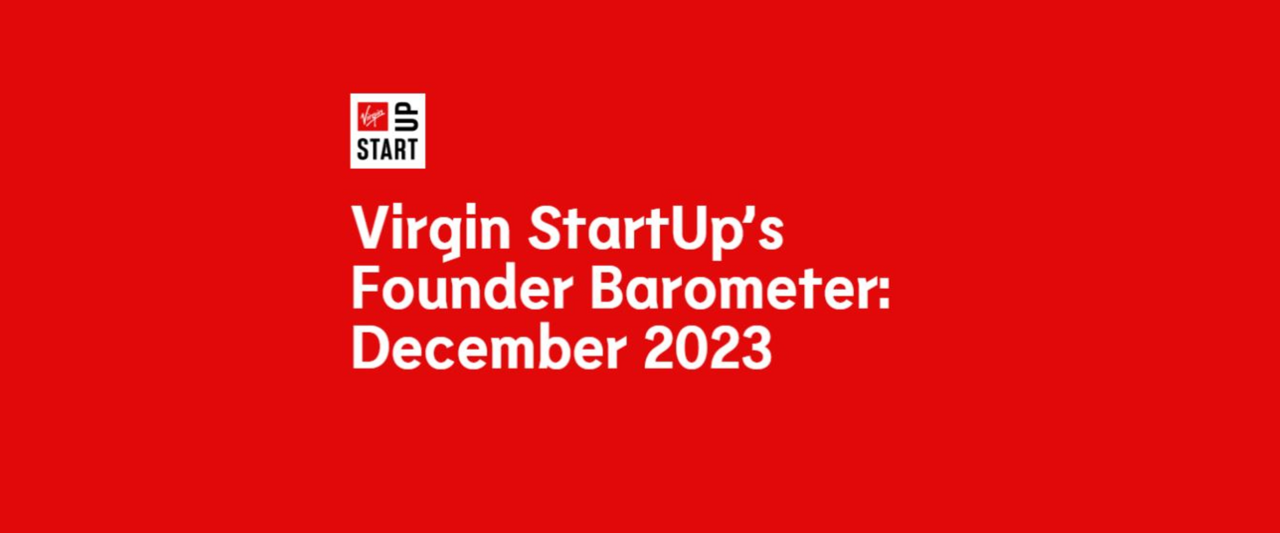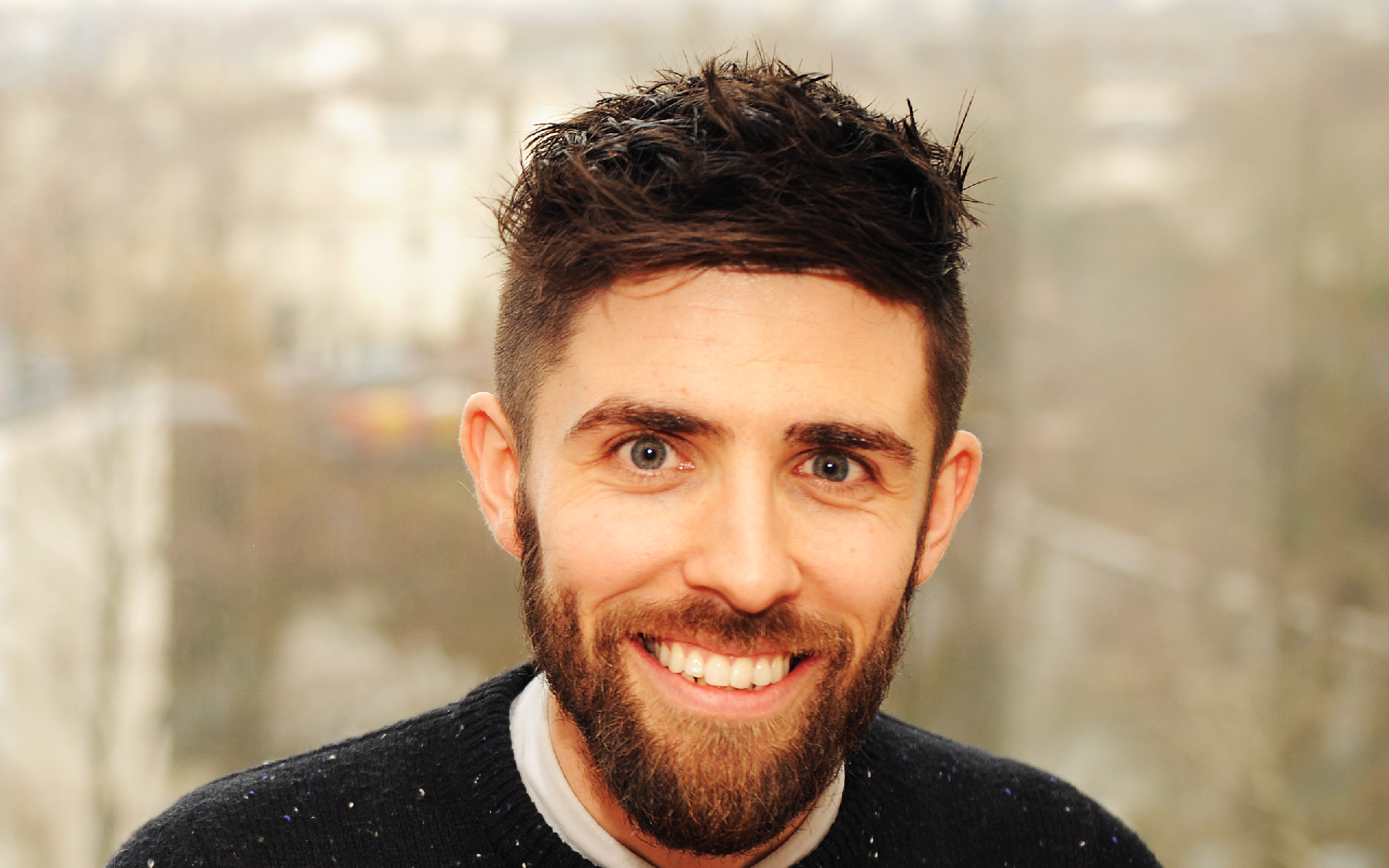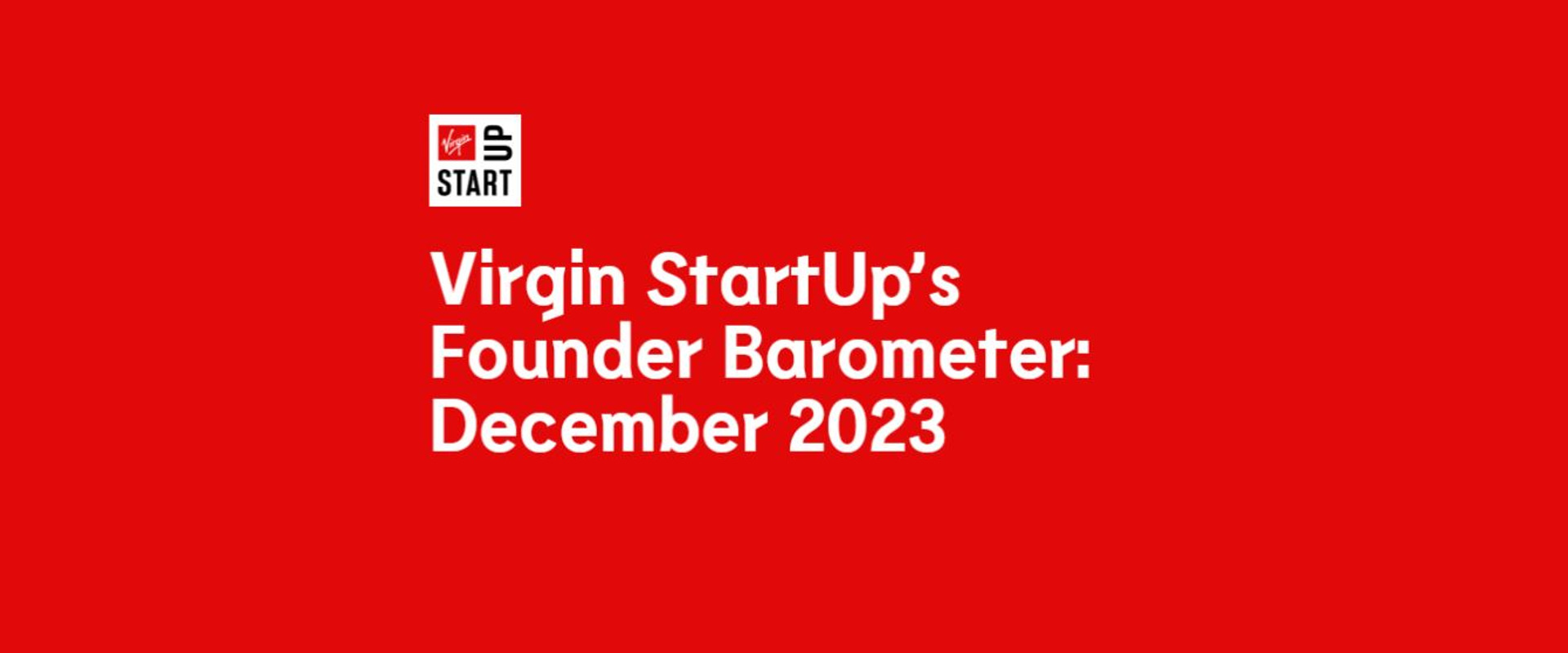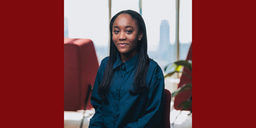
Following the release of the Founder Barometer, we caught up with Virgin StartUp's Andy Fishburn, Managing Director, for further insight on the findings.
Can you give us a quick summary of the report?
Virgin StartUp’s Founder Barometer is a bi-annual poll of business founders which highlights the concerns, challenges and opportunities facing small enterprises across the UK today. More than 450 business owners, who launched their company in the past 10 years, completed the survey in November 2023.
Why is conducting this research and these findings of particular importance at this time?
This research allows us to be better engaged with the Virgin StartUp and small business community, and it couldn’t have come at a more important time as this is the toughest economic climate I've seen in 10 years of working with new start-ups. I think it’s harder to set-up a business now than it was during the pandemic, because there are fewer schemes and incentives to support small businesses.
We decided to develop the Founder Barometer to gauge the temperature of small business founders during this current economic climate and better understand the concerns and ambitions of founders across the country. The aim is to conduct this research every six months to gain in-depth knowledge of how entrepreneurs are feeling.
As we look towards 2024 we need businesses to be at their best, not just in terms of helping to support economic recovery but instilling how we do things differently - from building greener businesses that have a positive impact on communities, to improving supply chains and how we hire employees etc.
Looking at some of the issues that really matter to founders, our research revealed that more than a quarter (27%) of owners are calling for greater support for underrepresented founders. This is an ongoing issue in the start-up community, so the more we can do to shine a spotlight on issues affecting female, black, ethnic minority and disabled founders is for the better. Ultimately, knowing what truly matters to founders allows us to provide better support for their needs as we continue to champion underrepresented entrepreneurs in the UK.
Tell us about the most surprising facts/headline stats to come out of the report?
It was positive to hear from our founders that two thirds of small business owners are feeling more confident about their finances, believing they will be in a stronger position in six months’ time. But the impact of the cost-of-living, unfavourable inflation rates, and uncertainty of a recession in the New Year can never be too far from our minds, and this will continue to affect businesses in the immediate and long-term.
Small businesses are also calling on the government to step up as 24% say their policies haven’t gone far enough to help small businesses to thrive. This is even more extreme when looking through a regional lens – a shocking 49% of founders from the North feel that the Government hasn’t created a positive environment where their business can thrive and succeed, compared with just 21% in the South feeling the same. This difference highlights how polarised the feeling is across the so-called North/South divide and suggests that there is still a job to do to provide support and opportunities to small businesses across the UK.
Additionally, more than a quarter (27%) highlighted that more support is needed for underrepresented founders, including female, Black, Asian and Minority Ethnic and disabled founders. This is followed by a wish for more access to Start Up Loans (27%) and greater access to mentorship (24%). These items on the wish list are all areas where more governmental and systematic support can help founders on their journey to success.
Are there any actions/ next steps that could be taken by the financial services industry or government in response to the report’s findings?
One area where I’d like to see more specific support is for underrepresented founders, including Black, Asian and Ethnic Minority founders and female and disabled founders. We know that these founders face more barriers when it comes to growing and scaling their businesses and this is a systemic problem across the industry that needs to change. Organisations like Virgin StartUp are doing their bit. We have our 50/50 pledge where we equally fund female and male founders when it comes to distributing Start Up Loans. We’ve also recently launched our free Empower 100 accelerator programme for underrepresented founders, but more needs to be done.
The more we can support these individuals now, the more we can drive change in the long-term, as these founders come back to be mentors and angel investors and help to change the start-up landscape for the better.
In terms of the broader environment for all new founders, I think there is still a questionable gap in support, especially in a market where a quarter of the founders we polled believe the government hasn’t created an environment where their business can thrive. What’s missing for me is broader support and incentives for the majority of small businesses. A 12-month extension to existing business rates relief is welcome, but it’s kicking the can down the road and doesn’t really tackle the underlying issue. Let’s not forget the Chancellor increased tax rates at the last budget (up to 25%), albeit for businesses making £250k profit, once again, this isn’t going to benefit the smallest businesses who keep our high streets going. I appreciate the fiscal challenges the Government has – and how difficult broad-brush incentives are when money is tight – but it means a large number of businesses are still struggling right now.
Do you have any case studies relating to this report for journalists to use? If so, how can they get in touch to arrange using these?
Virgin StartUp has a network of more than 7,000+ founders we have supported to start, scale and succeed, so we have lots of case studies, from early stage founders and brand-new start-ups, to more established businesses who are ten years into trading. We have included a few examples below, but if there are any specific sectors or themes you are interested in, we can share additional suggestions.
Gusto Snacks turns unwanted fruits and vegetables into air-dried crisps after spotting an issue with the volume of food waste in the UK. In just three years the company has saved more than 4.06 tonnes of fruit from going to waste, that’s the equivalent of 51,000 apples.
Launching in 2020, Gusto Snacks is now stocked in Selfridges, W H Smiths and since then has experienced significant growth, with a Compound Monthly Growth Rate of 80%. Gusto Snacks has also recently secured pre-seed funding to grow its business further, with the support of Virgin StartUp on its Collective Impact investment programme for purpose-led businesses. The founder is very keen to speak on how to grow a food & drink start-up in the UK, the difficulties faced by black founders / support needed for diverse businesses to succeed and sustainability.
Launched in Edinburgh in 2021, Project Harmless makes environmentally friendly dog poo bags. The business received a loan from Virgin StartUp in 2022 to expand its product range and scale the business.
The founder George Greer is 54. George came up with the business idea after noticing high concentrations of plastic waste on the northern shores of Loch Long whilst walking his Swiss Shepherd, Noah. The number of dog waste bags prompted George to dig into their environmental impact, finding that most “biodegradable” and “compostable” bags don’t actually break down for a long time in the open environment or in landfill.
In search of an eco-friendly alternative, George repurposed a water-reactive, non-toxic and microplastics free material – the type used to coat medical pills – to develop a new class of dog waste bags. Unique from its competitors, Project Harmless’ waste bags dissolve in the open environment, particularly in rivers and oceans, posing no threat to marine life and wildlife.
The business has been going from strength to strength with annualised sales growth on track for 400% this year. The company has donated 10,000 bags to charities to tackle pet poverty and 100% revenue generated to date has been reinvested in product development, community outreach and staff training. In 2023, Project Harmless products were showcased in the new Virgin Hotels Edinburgh at a pop-up shop to celebrate small businesses called The Curiosity Shop.
An organic lavender farm in Asenby, Yorkshire set-up by Fergus Corrigan back in 2021, with a Start Up Loan from Virgin StartUp. It is now the largest Organic grower of lavender in the country, making a range of cosmetics and home fragrances using extracted oil from the Yorkshire grown lavender and aromatic herbs, as well as growing cut flowers and herbs for the floral and food industries.
Founder, Fergus Corrigan, explains: “The injection of a Start Up Loan from Virgin StartUp allowed us to scale up far more quickly and bring to market our products in a faster time. It has allowed us to connect with other businesses that we hope to do business with and gave us access to a fantastic mentor who has really helped us hone our strategy for the future.
“We want to be different in our incredibly competitive industry of cosmetics. We have closed the loop by growing our own ingredients and by next year 90% of all our ingredients will be from the farm, organically registered and completely carbon offset.”
Asan is a menstrual cup and menstrual health venture helping to eradicate period poverty and tampon waste. For every Asan cup sold, Asan donates one to a woman or girl in rural India who can't access period care.
Ira Guha founded Asan when she was graduate student at Harvard from 2017-2019, studying Public Policy. She designed the Asan cup with a woman engineer from Ecuador at the Harvard innovation lab and then moved to London and launched the business after graduating.
She decided to launch a menstrual cup in 2017 when she was visiting her parents in her hometown of Bangalore in South India. She met a cook who was missing out on work because of periods – she had terrible rashes and a UTI from low quality pads. Ira gifted her a menstrual cup from the UK and she took to it instantly, and could easily work on her period. Over time, Ira began gifting cups to women in her community every time she travelled home – including domestic workers, cleaners and school girls. She began informally collecting feedback on how life-changing switching to a cup was for them, as it literally made the difference between skipping school/work during periods and being able to attend.
Ira is now based in the UK and Asan has a team of people working in the UK and India.
Ira joined Virgin StartUp’s Collective Impact programme in 2022, an investment accelerator for purpose-led businesses and was mentored by Virgin StartUp’s head of ScaleUps, Sutin Yang. She went on to raise a £600k seed round from impact investors to scale its growth. Ira says: “Collective Impact was a fantastic accelerator that taught me everything I know about fundraising. I would never have reached my current stage (closing Asan’s seed round) without the support of Virgin StartUp.”
Asan has earned more than £200k in revenue since launch and has won awards from Harvard and Cambridge for its sustainable mission. The Asan cup was named the #1 best menstrual cup globally by the Evening Standard in June 2023.
Nana’s Chutney creates award winning authentic Indian condiments and was founded by Nana herself and her son. Currently enrolled in Virgin StartUp’s Empower 100 programme – a business accelerator programme designed to help Black, Asian and minority ethnic founders, women founder, and founders with a disability, based in Greater London to unlock the potential for growth and investment in their start-ups – Nana’s Chutneys is passionate about inspiring others to take their first steps to starting up. Nana’s Chutneys would be happy to talk about founding a business at an older age, starting up whilst in full-time employment and the challenges facing under-represented founders.
Local is a new plant-based pale ale brewed with 35% fewer calories.
The company was set-up by Louis Collins who started as a running club in lockdown. The club liked to enjoy a social beer after a run but they quickly realised that drinking just a couple of beers meant we were consuming more calories than we burnt during the run itself... which didn't seem fair! That's when Louis asked the question – where is the Diet Coke of beer?
Louis received a Start Up Loan through Virgin StartUp at the beginning of 2023 to scale the business and the beer is available nationwide at more than 300 Co-Op stores.
Virgin StartUp’s Founder Barometer, December 2023-4

Andy Fishburn, Managing Director
Further information, please contact:
Kate Cashmore, PR and Communications Manager
v.kate.cashmore@virgin.com






Please sign in
If you are a registered user on Headlinemoney, please sign in